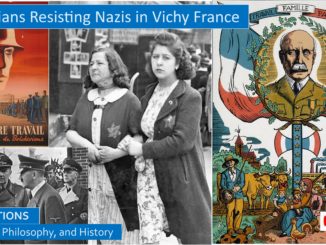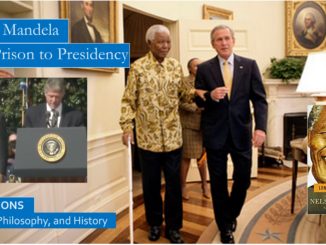
Vichy France Regime, Blog 1, Pro-Life, Pro-Catholic, and Fascist
Was the reputation of the Catholic Church harmed by the collaboration of the Vichy regime? There is no single clear-cut answer to this question. The study of the Vichy regime is most valuable when used as a study on how Christians should live their lives under a secular and ungodly regime. Most of the bishops were compromised in their dealings with the Nazis and the Vichy regime, only one Vichy bishop spoke out against collaboration, many bishops were forced to resign at the war’s end. However, many Catholic clergy and laymen opposed the anti-Semitism of the war years. Communists and Catholics jointly fought against the Nazis in the French Resistance, and much pro-Catholic legislation introduced by the Vichy regime was retained after the war. We can be cautiously optimistic in our views, many Catholics and priests lived out their faith in difficult times, although many Catholics and priests collaborated with the Nazis. […]


